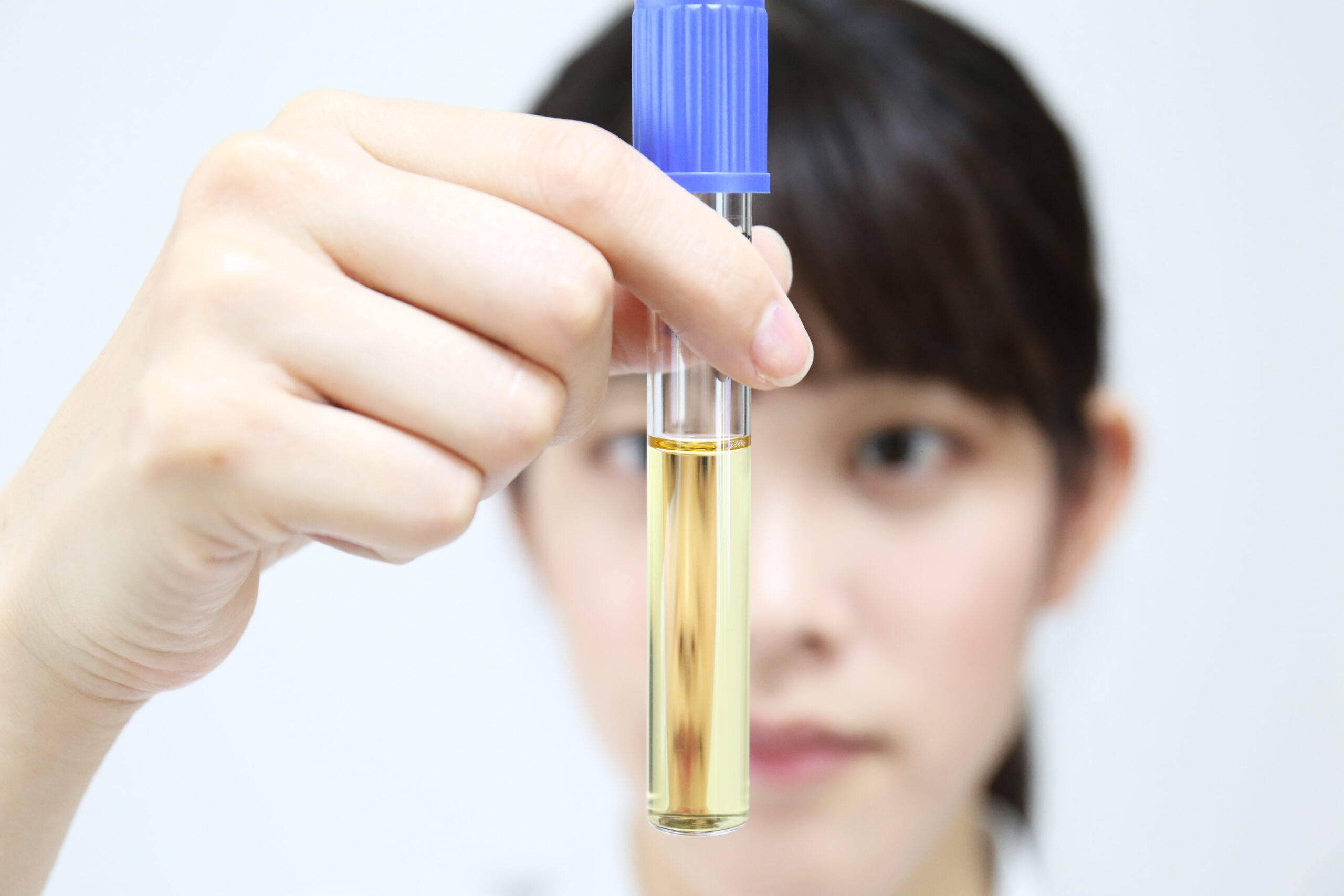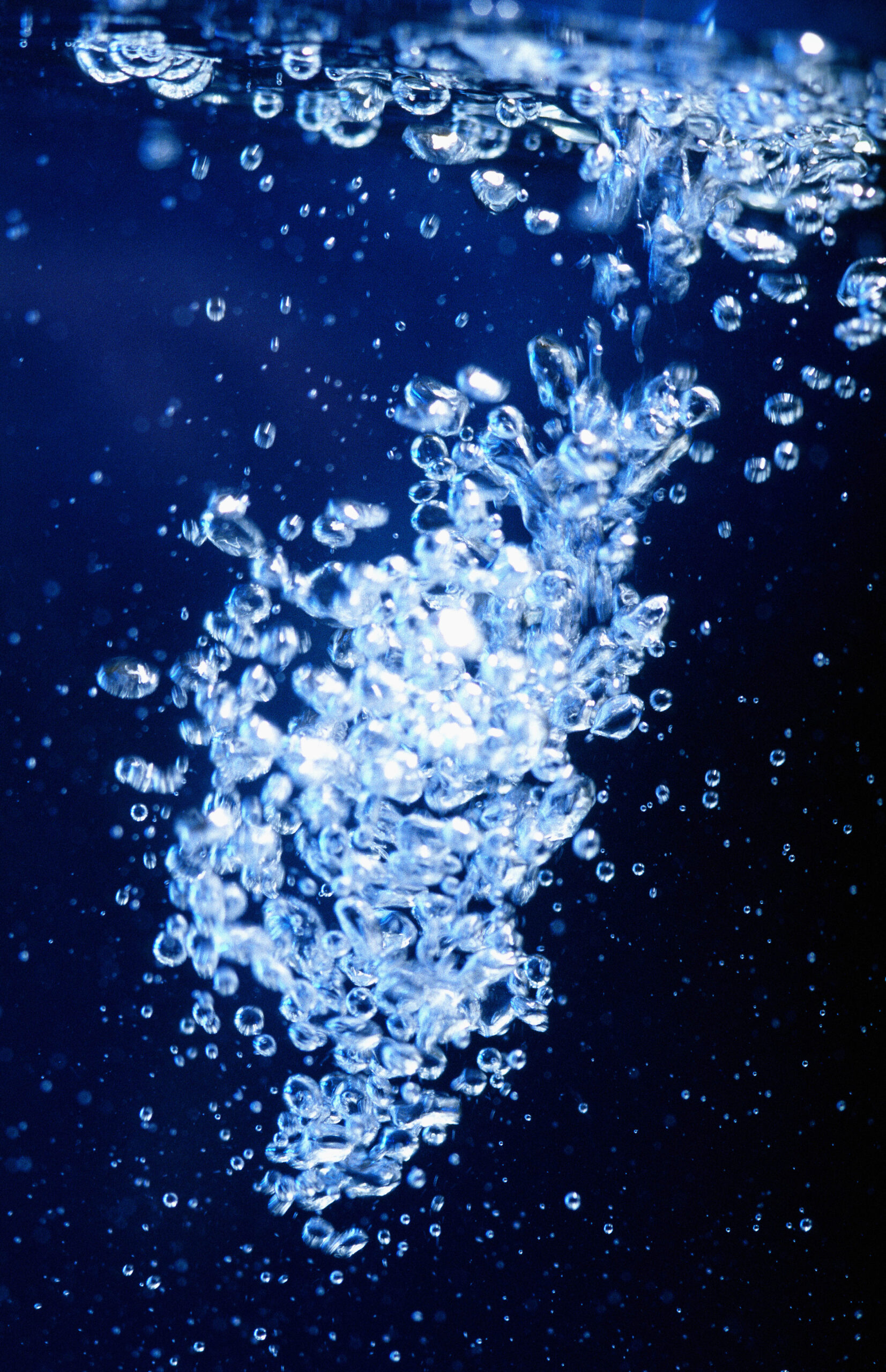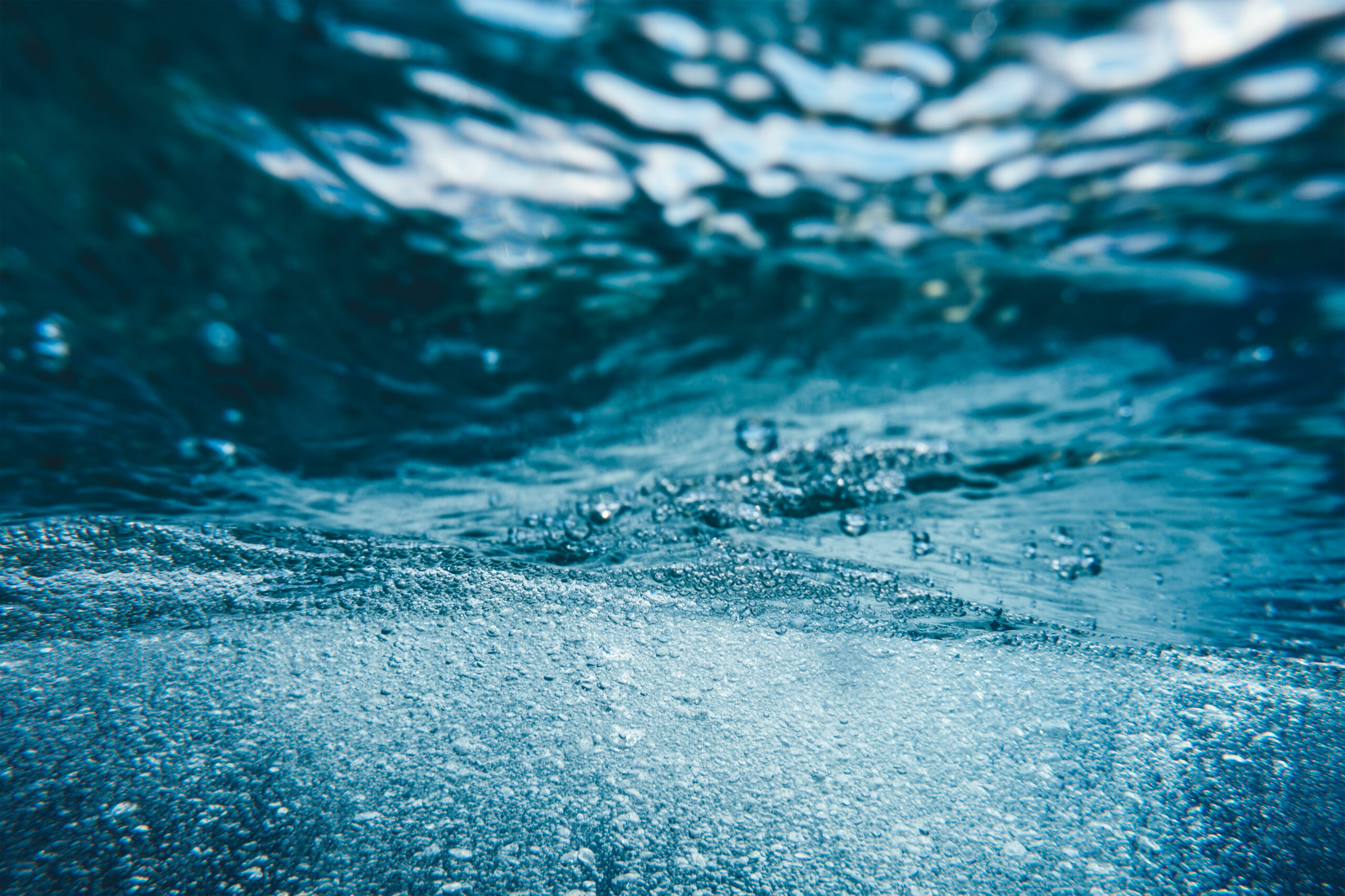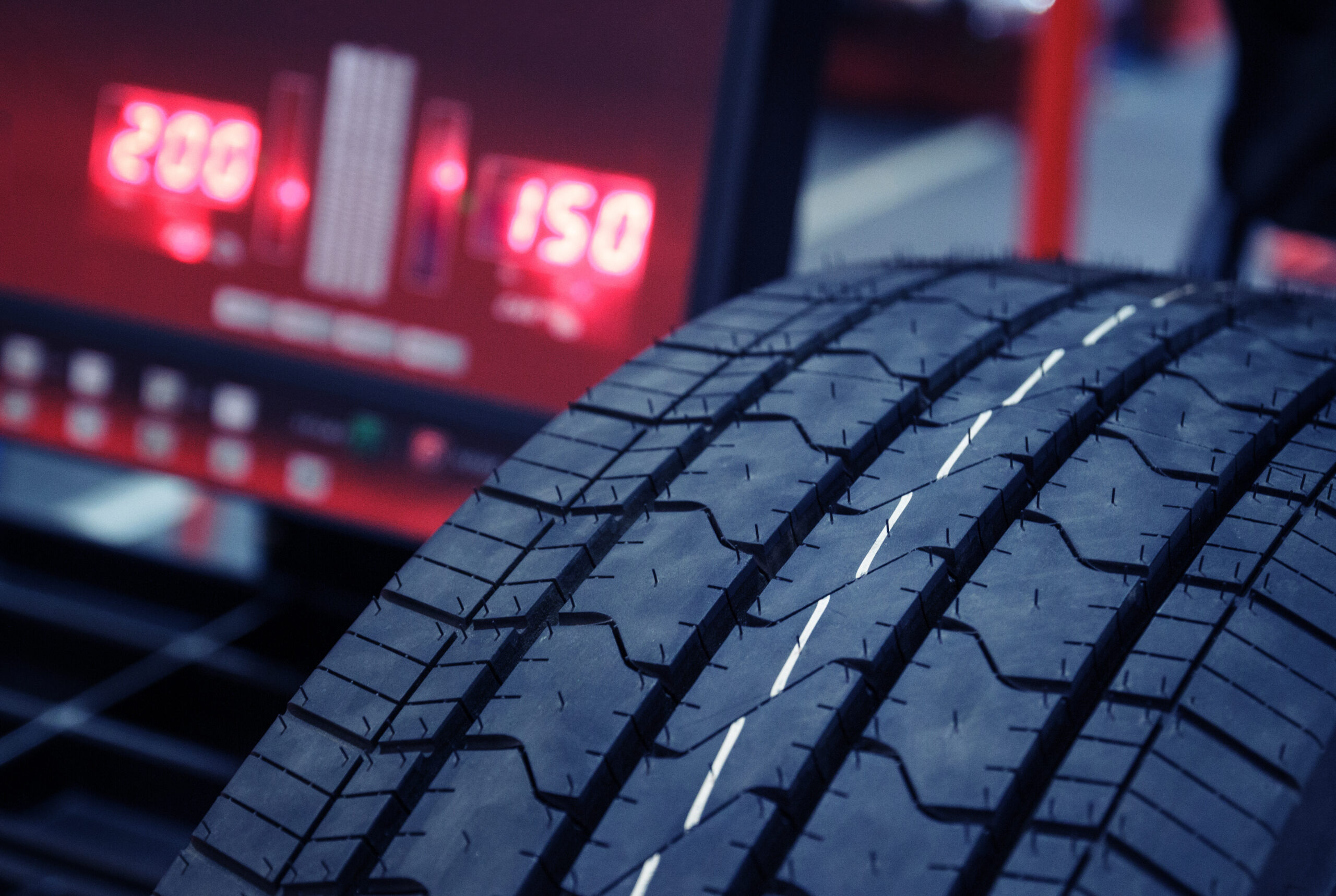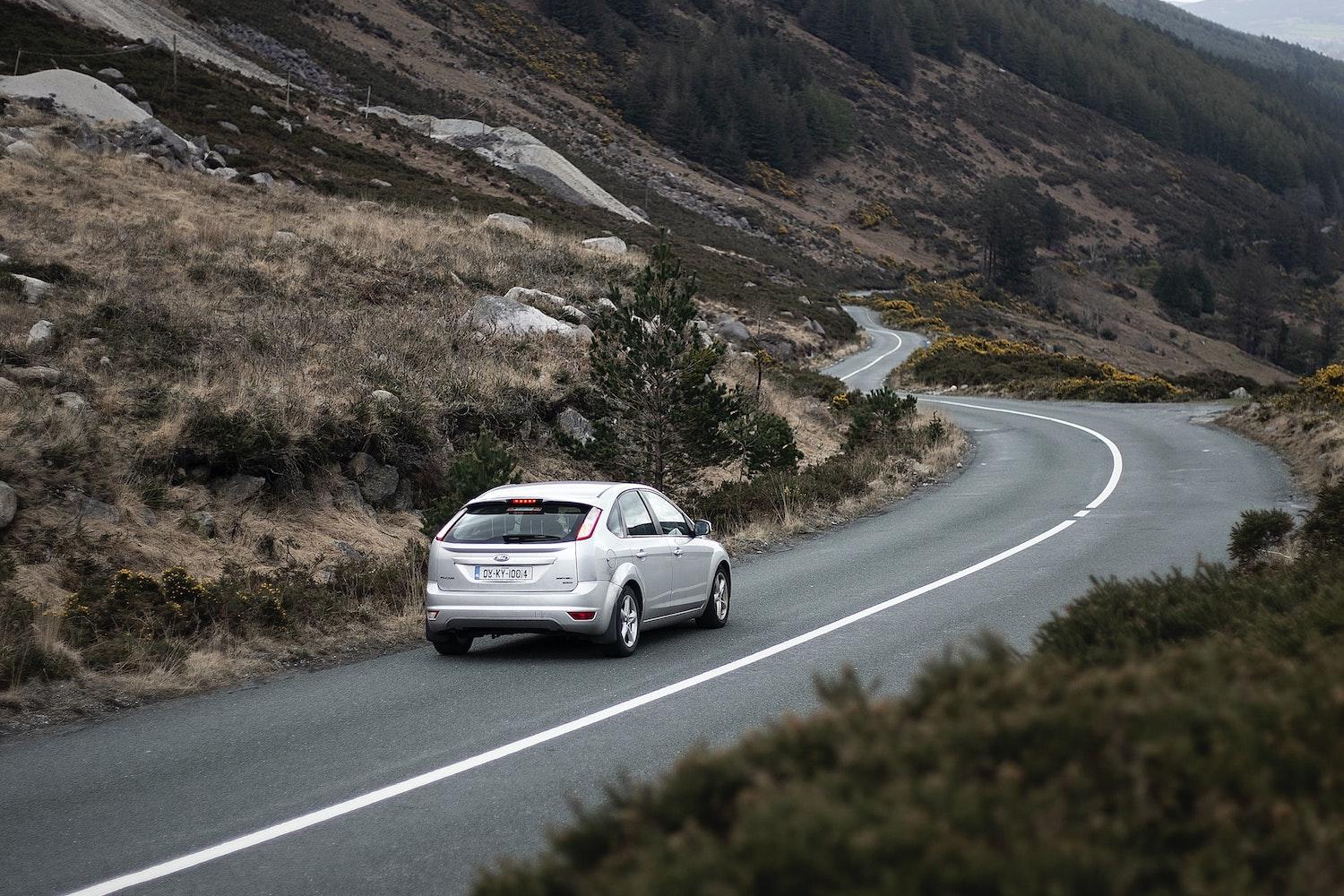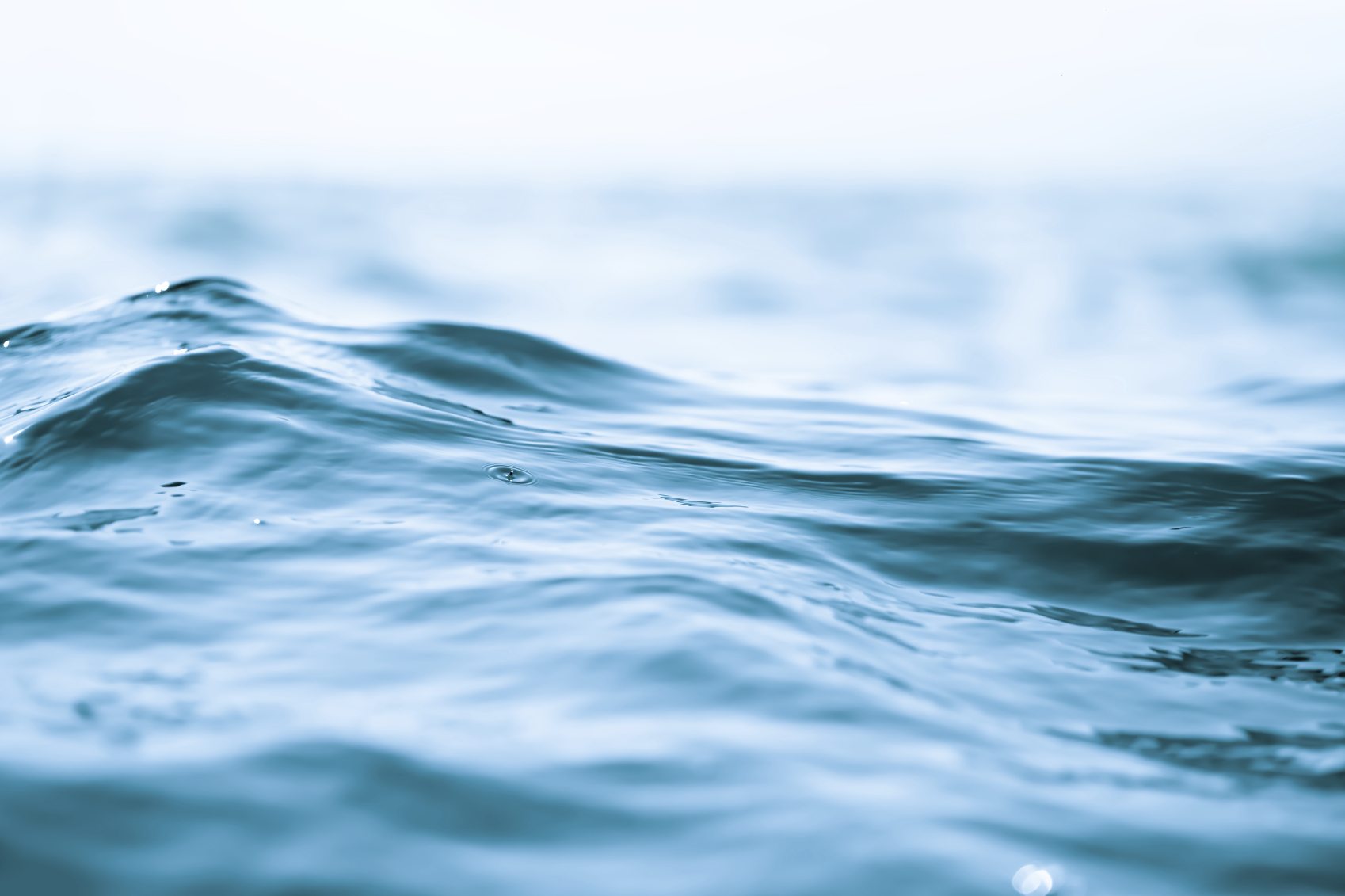
Integrated models addressing microplastic (MP) generation, terrestrial distribution, and freshwater transport are useful tools characterizing the export of MP to marine waters. In Part I of this study, a baseline watershed-scale MP mass balance model was developed for tire and road wear particles (TRWP) in the Seine watershed. In Part II, uncertainty and sensitivity analysis (SA) methods were used to identify the parameters that determine the transport of these particles to the estuary.
The fraction of TRWP exported to estuary in the probabilistic assessment was centered on the baseline estimate of 2%.
This study emphasizes the importance of in situ characterization of TRWP diameter and density, and confirms the baseline mass balance presented in Part I, which indicated an appreciable potential for capture of TRWP in freshwater sediment.
This study was sponsored by the European Tyre and Rubber Manufacturers Association (ETRMA)

